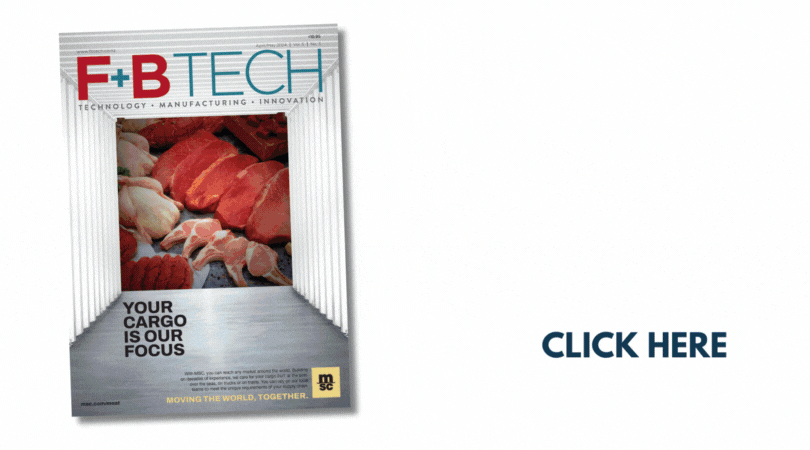A new packaging solution for wine has been uncovered, offering a more sustainable wine bottle alternative that offers better shipping options.
During Cornelia Braun’s bachelor thesis, she discovered a great potential for a modern Bordeaux bottle design.
The Bordeaux bottle shape is the most popular among retailers and has been sold in glass since the 17th century. While working on her thesis at Krones, Braun researched how wine bottle transport can be more sustainable and efficient.
She discovered that polyethylene terephthalate (PET) was a suitable alternative that could provide new advantages for the wine industry. PET bottles use less energy during production and are a fraction of the weight of traditional glass bottles.
A 0.75-litre glass bottle weighs at least 500 grams, with PET weighing 90 percent lighter and saving on primary packaging.
These savings can considerably affect a company’s carbon footprint because companies can send a significantly larger quantity of PET bottles in one delivery.
Alongside this, PET is an ideal material for recycling, closing the plastics loop. Due to safety reasons, glass containers are not permitted during air travel and at many events, meaning the durability of PET bottles could change existing regulations.
Braun designed three different PET Bordeaux bottles: 750-millilitre, 500-millilitre, and 200-millilitre. The bottles are reminiscent of traditional wine bottles made of glass, but their crystalline pattern gives them a different visual appeal.
The new design also features a convenient base that produces a grove where tannins and colourants can polymerise over time.
Braun was awarded the 2023 Association of German Engineers Prize for her thesis. The jury was particularly impressed by the technical and design-related solutions she found to address the multi-faceted challenges.
To read more about packaging, click here.






